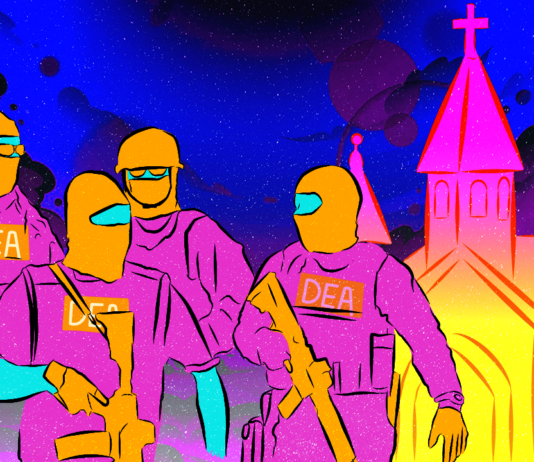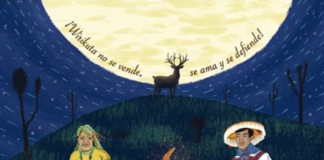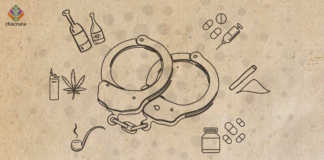Let’s Talk About Hikuri: A Peyote Conservation Project by the Wixárika
This article introduces the Hablemos del Hikuri peyote conservation project that began in 2017 to research and put into action peyote conservation within Wixarika communities. Its co-founders, Lisbeth Bonilla and Pedro Nájera present the interdisciplinary and intercultural approach this project has toward finding a solution to peyote’s endangered status.
A New Supreme Court RFRA Ruling May Be a Boon to...
The Supreme Court’s December 2020 ruling in Tanzin v. Tanvir has several lessons for psychedelic religions, as well as the promise that they have a path to compensation for discrimination at the hand of federal officials. Psychedelics law expert Gary Smith explains the ruling and its potential opportunity for expanded recognition of psychedelic religious liberty.
Press Release: The Wixárika Regional Council for the Defense of Wirikuta...
DECEMBER 8, 2020, COLOTLÁN, JALISCO.
TO WHOM IT MAY CONCERN
The Wixárika Regional Council for the Defense of Wirikuta made up of the Traditional, Civil and...
Why California’s Future Psychedelics Legislation Should Start with Decriminalization of All...
In the 2020 election, we have witnessed major drug policy reform happen in states like Oregon which has voted in a psilocybin therapy model and broad drug decriminalization. What should Californian constituents consider for the future of psychedelic legislation? Ariel Clark argues that psychedelic legislation should begin with decriminalizing all drugs.
Social Justice Means Decriminalizing All Drugs, Not Just Psychedelics
This article talks about the prevalence of psychedelic exceptionalism in activism groups, the need to decriminalize all drugs for social justice, and the benefits of implementing risk reduction practices in communities.
DEA and the Religious Exemption: A Fox Guarding the Henhouse
https://youtu.be/e1M_YFChzOA
A Critique of the DEA’s Authority over the Ceremonial Use of Controlled Substances
The plaintiffs’ organizations seek judicial relief from DEA prohibitions on controlled substances...
Cannabis and Psychedelics: Vote and Change the Laws!
Public initiative or legislative action? Attorney Gary Smith explores legal paths for psychedelics, using cannabis as a model.
The Next Psychedelic Frontier in Oakland: City-Certified Ceremonies
https://youtu.be/e3XW1vidbi0
Oakland has long been a leader in drug policy reform and activists in the City continue to expand concepts of what is possible in...
The Fight for Medical Marijuana in Brazil
https://youtu.be/Wm490_NdDH4
Social movements are gathering and gaining strength, not only in medical causes, but also in relation to the end of deaths in favelas prompted...
Is Ayahuasca Cultural Heritage of Brazil?
Ayahuasca, a drink produced from two plants native to the Amazon region, has gained notoriety in Brazil and internationally, especially because it contains small...














